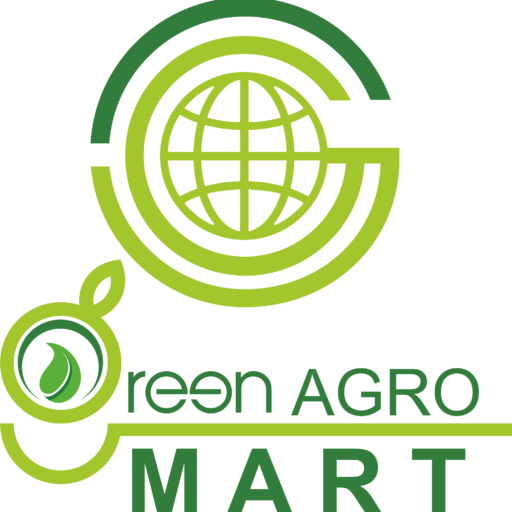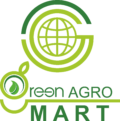n the agricultural sector, “agri sales” refers to the sale of products and services that support farming and agricultural operations. These sales can encompass a wide range of items and solutions designed to enhance productivity, improve efficiency, and support sustainable practices. Here’s a breakdown of key aspects involved in agri sales:
1. Products Sold
Seeds and Plants
- Crop Seeds: Including grains, vegetables, fruits, and legumes. These can be conventional or genetically modified for specific traits.
- Nursery Plants: Trees, shrubs, and other plants for orchard and landscape development.
Fertilizers and Soil Amendments
- Chemical Fertilizers: Nutrient-rich products to enhance soil fertility and boost crop yields.
- Organic Fertilizers: Natural products such as compost or manure that improve soil health sustainably.
- Soil Conditioners: Products that improve soil structure and water retention.
Pesticides and Herbicides
- Insecticides: To control harmful insects that damage crops.
- Herbicides: To manage weed growth and competition with crops.
- Fungicides: To protect crops from fungal diseases.
Farm Machinery and Equipment
- Tractors: Various types for plowing, tilling, and planting.
- Harvesters: Machines for efficient crop harvesting.
- Irrigation Systems: Including drip, sprinkler, and pivot irrigation systems.
Livestock and Poultry Supplies
- Feed: Nutrition-rich food for various types of livestock and poultry.
- Health Products: Vaccines, medications, and supplements.
2. Sales Channels
Direct Sales
- On-Farm Sales: Selling products directly to farmers from your facility.
- Field Representatives: Sales agents who visit farms to provide personalized service and advice.
Retail Sales
- Agri Stores: Physical retail outlets specializing in agricultural products and supplies.
- Online Sales: E-commerce platforms where customers can order products directly from your website.
Wholesale and Distribution
- Bulk Sales: Selling large quantities of products to distributors or large agricultural operations.
- Partnerships with Co-ops: Collaborating with agricultural cooperatives to reach a broader customer base.
3. Sales Strategies
Product Differentiation
- Quality Assurance: Offering products that meet high standards and deliver consistent results.
- Innovative Solutions: Providing advanced products such as precision agriculture tools or sustainable options.
Customer Engagement
- Educational Content: Offering workshops, seminars, or online resources to help customers understand how to use your products effectively.
- Customer Support: Providing pre-sales advice and post-sales support to ensure customer satisfaction.
Marketing and Promotion
- Trade Shows and Fairs: Participating in agricultural events to showcase your products and connect with potential buyers.
- Digital Marketing: Using online advertising, social media, and email campaigns to reach a wider audience.
4. After-Sales Service
Technical Support
- Installation Services: Assisting with the setup and installation of equipment and systems.
- Troubleshooting: Offering support to resolve issues with products or systems.
Maintenance and Repairs
- Regular Maintenance: Providing scheduled maintenance services to keep equipment in good working order.
- Repair Services: Offering repairs for faulty or damaged equipment.
5. Regulatory Compliance
Certifications
- Product Certifications: Ensuring that products meet industry standards and regulations.
- Sustainability Certifications: Obtaining certifications for organic or environmentally friendly products.
Legal Requirements
- Labeling and Documentation: Providing accurate product information and safety data sheets.
- Regulatory Compliance: Adhering to local and national regulations regarding agricultural products and practices.
6. Trends and Innovations
Sustainability
- Eco-Friendly Products: Offering solutions that minimize environmental impact, such as organic fertilizers and non-toxic pest control.
- Resource Efficiency: Products designed to optimize water, soil, and nutrient use.
Technology Integration
- Precision Agriculture: Incorporating technology such as GPS and drones to enhance farming practices.
- Data-Driven Solutions: Utilizing data analytics to provide insights and recommendations for improving farm operations.
By focusing on these aspects of agri sales, agricultural businesses can effectively meet the needs of their customers, stay competitive in the market, and contribute to the advancement of modern agriculture.


